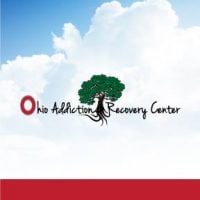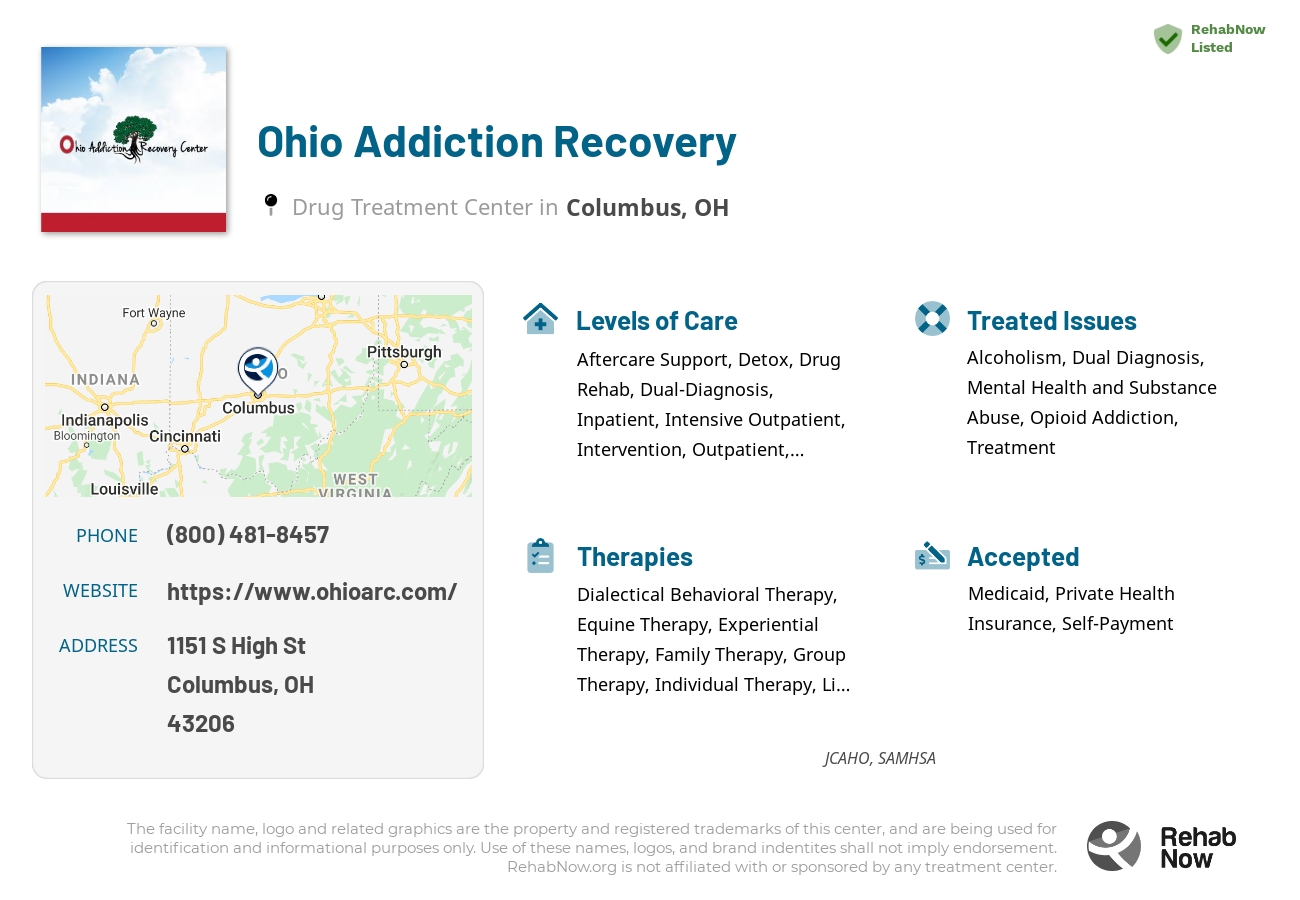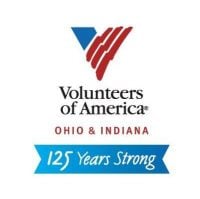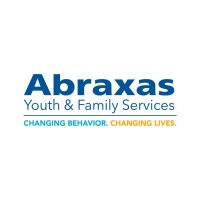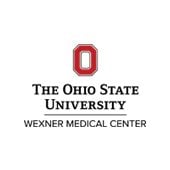Ohio Addiction Recovery
Drug Rehab Center in Columbus, Ohio
Ohio Addiction Recovery offers comprehensive treatment for alcoholism, opioid addiction and dual diagnosis in Columbus, Ohio, with various modalities, detox, drug rehab, inpatient, intensive outpatient, and partial-hospitalization services, as well as aftercare and sober-living support.
About This Columbus, OH Facility
Ohio Addiction Recovery offers comprehensive treatment for alcoholism, opioid addiction and dual diagnosis for individuals in the Columbus, Ohio area. With a 20-bed facility and accreditation from JCAHO and SAMHSA, Ohio Addiction Recovery is dedicated to helping individuals and their families get back on track and overcome the challenges of substance abuse and mental health disorders.
At Ohio Addiction Recovery, clients can experience treatment through various modalities, such as Dialectic Behavioral Therapy (DBT), Equine Therapy, Experiential Therapy, Family Therapy, Group Therapy, Individual Therapy, Life Skills, Motivational Interviewing, Nutrition Therapy, Recreational Therapy, Trauma Therapy, and Creative Arts Therapy. Additionally, the center offers detox, drug rehab, inpatient, intensive outpatient, and partial-hospitalization services, as well as aftercare and sober-living support. With private health insurance accepted, individuals and their families can have peace of mind that expert care is accessible and that their loved one is in the best possible hands.
Genders
Ages
Modality
Additional
Accreditations
SAMHSA

JCAHO
Conditions and Issues Treated
Addiction to prescription opioid painkillers like oxycodone and hydrocodone, and illicit opioids such as heroin, leads to potentially life-threatening withdrawal symptoms when discontinued. Opioid addiction treatment typically involves an inpatient stay at facilities like Ohio Addiction Recovery to make sure they get through withdrawal safely. Treatment also includes comprehensive mental health counseling.
Mental illness includes conditions such as anxiety, depression, schizophrenia, bipolar disorder. It can also happen that mental illness causes drug addiction and vice versa. Ohio Addiction Recovery in Ohio knows it is vital to diagnose dual diagnosis or co-occurring disorder.
Levels of Care Offered
This center offers a variety of custom treatment tailored to individual recovery. Currently available are Aftercare Support, Detox, Drug Rehab, Dual-Diagnosis, Inpatient, Intensive Outpatient, Intervention, Outpatient, Partial-Hospitalization, Residential, Sober-Living / Half-Way, with additional therapies available as listed below.
One of the first things an addict should do when entering treatment is to abstain from using illicit drugs completely. Depending on the length of time that the person has been using, the addict may have to go through alcohol or drug withdrawal. Fortunately, detox doesn’t have to be done alone, and withdrawal symptoms can be managed medically in an inpatient or outpatient setting. While detox may be uncomfortable, it is not life-threatening. Detoxification allows the addict to rid the body of all traces of drugs or alcohol and gives the addict a clean slate for their recovery.
Inpatient programs are intensive regimes that require individuals suffering from serious addictions to admit themselves into a controlled environment. Inpatient programs in Ohio generally span over 28 days to six months. The first step in an inpatient program is medically assisted detox. Doctors and addiction specialists at Ohio Addiction Recovery monitor the individual’s vital signs as the drugs leave their system. Some inpatient rehab programs also provide counseling for family members to provide encouragement and emotional support. In inpatient programs, patients have access to 24-hour medical supervision.
Daily trips to the hospital that provides the treatment include intensive outpatient services (IOP). IOP in Ohio is appropriate for patients in residential recovery facilities that have been diagnosed with addiction. Patients return to their everyday lives gradually, increasing the likeliness of success in treatment.
To assist with alcohol or opioid abuse, or a co-occurring condition, Ohio Addiction Recovery offers an outpatient treatment program. For their rehabilitation and other services, the Ohio patient will go to the treatment center, yet return home every night. After most of the program is completed, the level of mandatory participation reduces.
To protect those dealing with acute symptoms of addiction, a partial hospitalization program is ideal in the treatment process. This ensures that the person is cared for in a hospital-like environment in Columbus, OH during the battle against drug addiction effects. Most PHPs need therapy for about six hours, at least three days a week.
Sober living houses in Ohio help the patient to smoothly transition from a formal treatment program to a normal life. They are also known as recovery residences or half-way houses. SLH like Ohio Addiction Recovery provide the advantage of residing with a peer-group who had similar experiences.
Residential treatment programs are those that offer housing and meals in addition to substance abuse treatment. Rehab facilities that offer residential treatment allow patients to focus solely on recovery, in an environment totally separate from their lives. Some rehab centers specialize in short-term residential treatment (a few days to a week or two), while others solely provide treatment on a long-term basis (several weeks to months). Some offer both, and tailor treatment to the patient’s individual requirements.
Treatment is just a first step in sustaining sobriety. After rehabilitation, counseling for aftercare helps the person adapt to a life without drugs. A sober living facility in Columbus, job therapy, or educational assistance may be included in this service, managed by Ohio Addiction Recovery. This is when a preventive strategy for relapse starts to take shape.
Ohio Addiction Recovery‘s Therapies & Programs
In addiction recovery at Ohio Addiction Recovery, therapy plays a significant role. This helps patients get to the root of their addiction and discover how the problems that contributed to their use can be handled better. Therapy can be performed in a group and one on one settings. The patient interacts with the therapist in a one-on-one atmosphere during individual therapy. This encourages them to reflect on the underlying addiction problems and develop ways to avoid potential future abuse.
Addiction and alcoholism affect the entire family. For this reason, family therapy is vital to a person’s recovery from addiction. In contrast to couples counseling, family therapy at Ohio Addiction Recovery may include siblings, children, parents, and other significant people in the recovering person’s life. Family support is one of the most important pillars of recovery.
Many people turn to drugs and alcohol as a way of processing trauma that has affected them in the past. Trauma can include abuse, neglect, the loss of a loved one and other unpleasant incidents. Trauma therapy at Ohio Addiction Recovery helps patients process trauma. It gives them the tools to deal with it in a healthier manner.
Dialectical behavioral therapy (DBT) is a type of Cognitive Behavioral Therapy that focuses on eliminating specific negative thoughts such as suicidal thoughts that can potentially lead to an individual inflicting self-harm. It is useful in the treatment of patients exhibiting uncontrollable emotions, intense mood swings, and borderline personality disorders.
The term “Dialectic” means the integration of opposites. In the substance abuse context, DBT refers to accepting the patient’s addiction and working to change their thoughts and behavior. It improves life skills such as controlling the intense emotions without reacting impulsively, resolving the interpersonal conflicts effectively, and promoting awareness about self and others.
Cognitive Behavioral Therapy (CBT) examines the relationship between a patient’s thoughts, feelings and behaviors. Ohio Addiction Recovery aims to establish a healthy response to thoughts and feelings as an alternative to turning to drugs and alcohol. It also promotes healthy communication between addicts and those around them. It is and effective therapy for people suffering with all types of addictions.
Life skills pertain to the skill sets a person should possess to become successful in life. Examples are time management, budgeting, and social abilities. Life skills therapy highlights the fact that addiction recovery is more than just a person’s ability to go through their day-to-day without resorting to substance use in Columbus, OH once they leave the facility.
It’s no surprise that diet is a crucial player in one’s well-being. What an individual puts into his or her body becomes the fuel that drives the mental and physical faculties to perform accordingly. Therefore, nutrition therapy, also known as medical nutrition therapy (MNT), guarantees that an individual is providing his or her mind and body with proper nourishment.
The right diet can improve a person’s general outlook, sleep habits, and thought processing skills. MNT also lowers the occurrence of chronic diseases such as adult-onset diabetes. Dieticians at Ohio Addiction Recovery in Columbus, Ohio believe that nutrition therapy is the key to making significant lifestyle changes, especially when it comes to personal care.Nicotine Replacement Therapy (NRTC) used products like skin patches and gum to deliver nicotine into the bloodstream of people trying to quit smoking. This helps break the habits associated with smoking. The very low doses of nicotine managed by Ohio Addiction Recovery prevent cravings while helping people make a gradual transition to complete smoking cessation.
Patient Experience
Creative Arts
For those combating addiction recovery in Columbus, OH, creative arts therapy, or expressive therapy, is advantageous. Reading, music, theater, art, and other types of self-expression may be included. Ohio Addiction Recovery uses this to enhance the mental state of the patient and help them to focus on something other than addiction. It helps patients to explore how, through the creative process, their thoughts and emotions play out.
Experiential Therapy at Ohio Addiction Recovery
Experential therapy is a unique type of therapy that deals with the subconscious mind. This treatment available at Ohio Addiction Recovery in Columbus, OH encourages individuals to work out their issues with their inner self through synchronous experiences.
This non-traditional treatment method makes use of the physique and encourages people to take part in various physical and emotional activities, movements, and practices. Some of the most common examples of experiential therapy are equine therapy, music therapy, adventure therapy, and role playing. Through these various methods, an individual is believed to heal from trauma, negative emotions, and hurtful memories faster. Moreover, experiential therapy is known to have enduring results which can be beneficial to sufferers.
Equine Therapy at Ohio Addiction Recovery
Equine therapy or Equine Assisted Therapy (EAT) involves the use of horses as a part of the treatment plan. In equine therapy, the patient interacts with a horse regularly. They undertake activities like feeding and grooming the horses. The way the horse reacts to the patient’s moods and behavior provides the patient with feedback to distinguish between acceptable and unacceptable behavior.
The therapist at Ohio Addiction Recovery observes the interaction between the horse and the patient and gathers information that can be used for the treatment of the patient. Equine therapy helps the patient to develop trust, improve self-confidence, discard negative emotions, improve the ability to focus and boost their self-worth.
Payment Options Accepted
For specific insurance or payment methods please contact us.
Is your insurance accepted?
Ask an expert, call (888) 674-0062
Additional Details
Specifics, location, and helpful extra information.
Columbus, Ohio 43206 Phone Number(800) 481-8457 Meta DetailsUpdated November 25, 2023
Staff Verified
Patient Reviews
There are no reviews yet. Be the first one to write one.
Columbus, Ohio Addiction Information
Ohio is suffering from a drug abuse problem that is costing thousands of its residents their lives every single year. Opioids, particularly Fentanyl and heroin, are the leading drugs in the state. The state ranks in the top 10 for illicit use of painkillers. Opioid-related overdose rates in Ohio are by far some of the highest in the country.
The drug addiction problem in Columbus, Ohio, is unfortunately quite bad. According to recent statistics, approximately 107,000 people in Columbus struggle with some form of addiction. This means that approximately 8% of the population is addicted to drugs or alcohol. The most common drugs of abuse include heroin, cocaine, and methamphetamine. The rehab center will likely include detoxification, group and individual therapy, and aftercare planning into the treatment plan.
Treatment in Nearby Cities
- Jackson, OH (64.3 mi.)
- Sylvania, OH (128.7 mi.)
- Sebring, OH (124.4 mi.)
- Norwalk, OH (92.4 mi.)
- Mingo Junction, OH (129.0 mi.)
Centers near Ohio Addiction Recovery
The facility name, logo and brand are the property and registered trademarks of Ohio Addiction Recovery, and are being used for identification and informational purposes only. Use of these names, logos and brands shall not imply endorsement. RehabNow.org is not affiliated with or sponsored by Ohio Addiction Recovery.
